Just under a month ago, I tried out Linux Mint as a Windows fanboy. It was new, it was a little scary, and I wasn't 100% sure what I was doing. However, by the end of my little trial run, I had really come around to enjoy Linux Mint, and I can see myself using it on my old Windows 10 machines instead of crowbarring Windows 11 onto them when the end-of-support date arrives.
Since then, I've been trying out Linux some more. Well, a more accurate description is "prodding it with a stick while hiding behind sandbags in hopes that it doesn't explode in my face." And while I haven't had anything go sour just yet, I have learned a lot of stuff. Stuff that decade-long Linux users have gotten comfortable with, but what I'm experiencing firsthand for the first time after years of Windows use.
3 Keeping your PC running smoothly is your responsibility, not a company's
You can't just blame the developer for your shortcomings
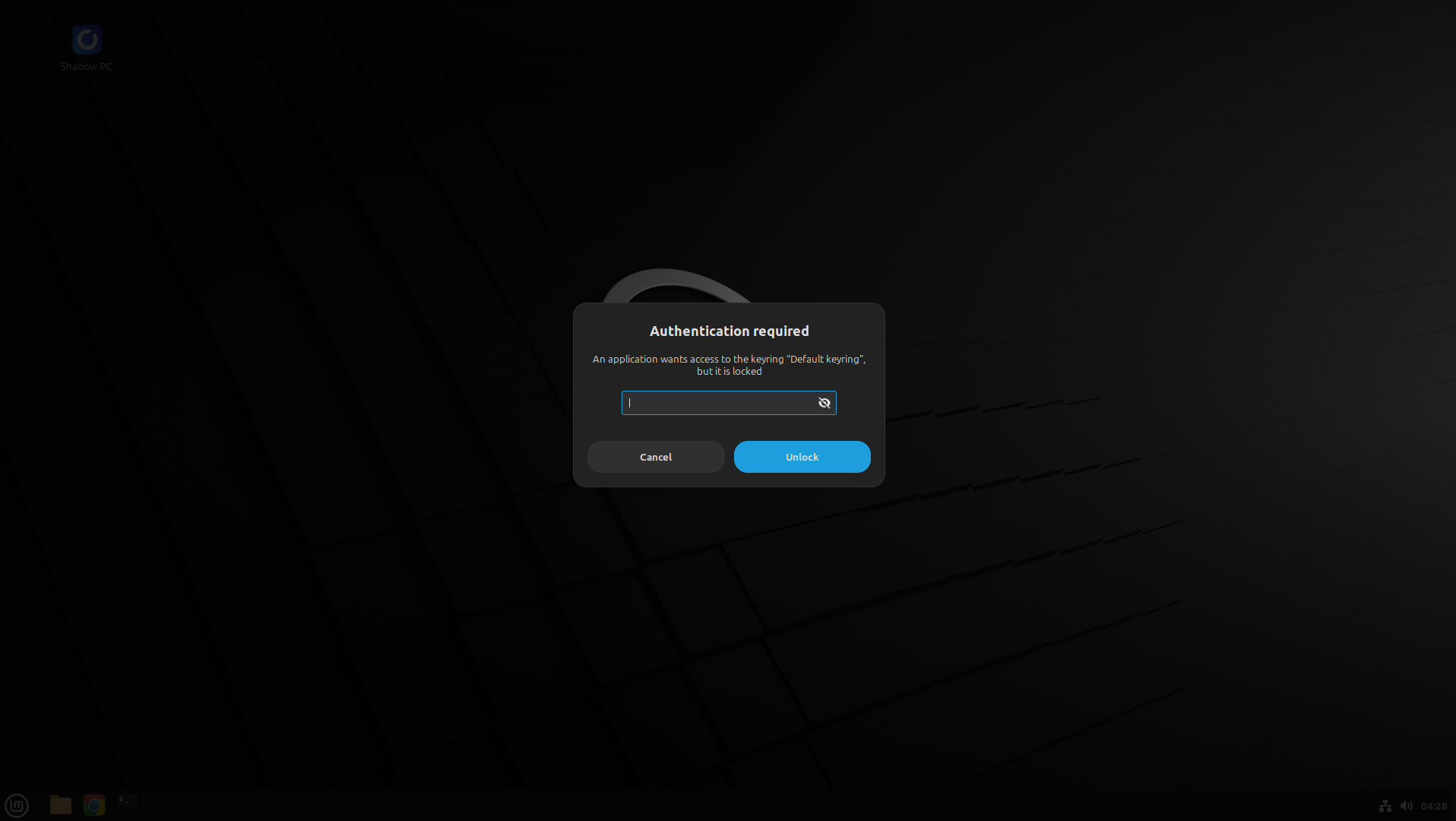
The thing about using Windows is that you're using a paid product. As such, when something goes wrong, you blame Microsoft. If Microsoft Defender lets a nasty virus in, that's Microsoft slacking off. Did a new Windows update cause a BSOD loop? Microsoft's fault. Did you download a cool aquarium screensaver off of a shady website, run it, click "ignore" through all the warnings, then get hit by adware? Bill Gates must pay.
Can't do that with Linux. Linux is less of a product and more of a project. It's something you adopt, not buy. It's something that gives you control over every little element, and as such, if something goes wrong, the only person you can point a finger at is yourself.
Take, for instance, one of the gripes I had in my original article. I didn't like how Linux asked me for my password when I wanted to install stuff, because you can turn that off on Windows. But then, Windows is a product where you can't tinker with the stuff that's keeping your PC safe, so I never got any issues from disabling UAC. On the other hand, if I had disabled the password prompts on Linux, that's deliberately gutting a key part of security from my system. If something went wrong, there would be nobody to blame but myself.
Take a look around
Okay, so bear with me here. Being a Windows fanboy, I assumed that all operating systems under one "umbrella" were pretty similar. Sure, Windows 7, 8, 10, and 11 all have their differences and quirks, but there's still an underlying design philosophy that persists throughout the operating system. If you took someone who only used Windows 7 and sat them in front of Windows 11, sure, they'll complain about the Start menu and why it looks funny. But give them a day, and they should be using it just fine.
So, because all operating systems under the Windows "umbrella" are somewhat similar, I assumed the distros under the Linux "umbrella" were the same. While prodding at Linux Mint, I discovered that it's based on Ubuntu 24.04. The main Ubuntu branch is currently on 25.04, so I thought, hey, why not give Ubuntu a spin? That way, I get all the new features and stuff without waiting for it to migrate to Linux Mint. And because Linux Mint is based on Ubuntu, there's no way that it's that different, right?
Well. There's a good reason I'm telling this story in an article about lessons learned.
As a Windows fanboy, Ubuntu was like looking into another dimension. There was no taskbar at the bottom. The clock was up at the top of the screen. Why is the clock at the top of the screen? Why are the apps on the left? Truly, I am in alien territory.
I click what I think is the Start button, a little bar at the top left. It's not the Start button. Instead, the desktop kind of "pops back" a little bit. I have no idea what I'm doing. I try clicking the Ubuntu logo at the bottom left. Instead of popping up a little Start menu, all the desktops shrink down, and I see a list of applications. This isn't Windows. This isn't even remotely Windows.
Eventually, I gave up and ran, terrified, back to Linux Mint. Now I see why people recommend Mint for Windows users like myself; the developers did an excellent job adapting the operating system to meet the expectations of a Windows user. At the same time, it makes me realise that if the difference between Ubuntu and an operating system based on Ubuntu can be that radically different, imagine what the other distros are like. Truly, not all Linux distros under the "umbrella" are the same, and I'd love to spend some time just trying some distros and seeing which ones click.
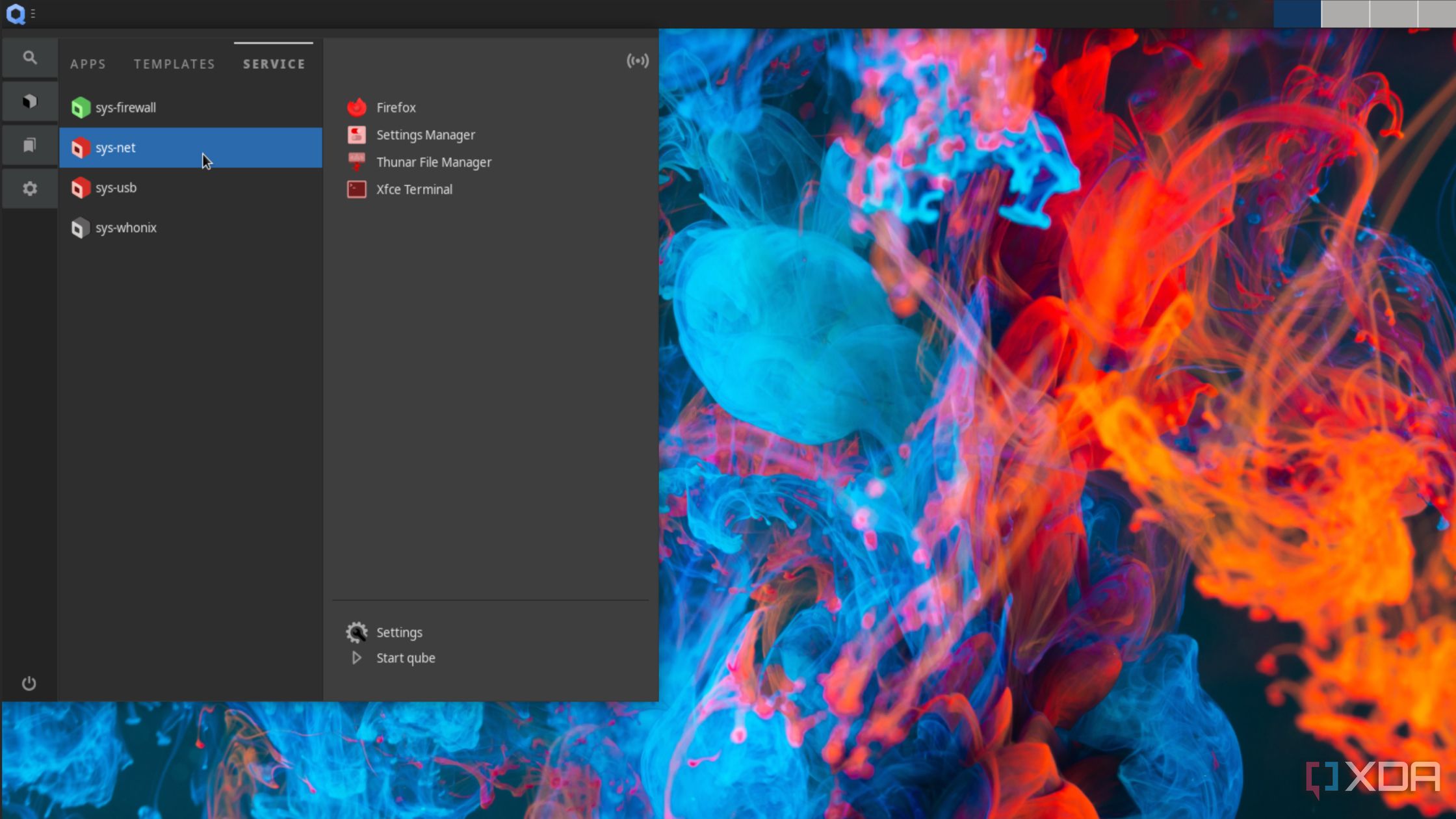
Related
5 of the most unique Linux distros you need to try out
Spice up your Linux life with these fun yet highly-functional distributions
1 Linux is a lot lighter on your system than Windows
Feels like I'm using a new PC
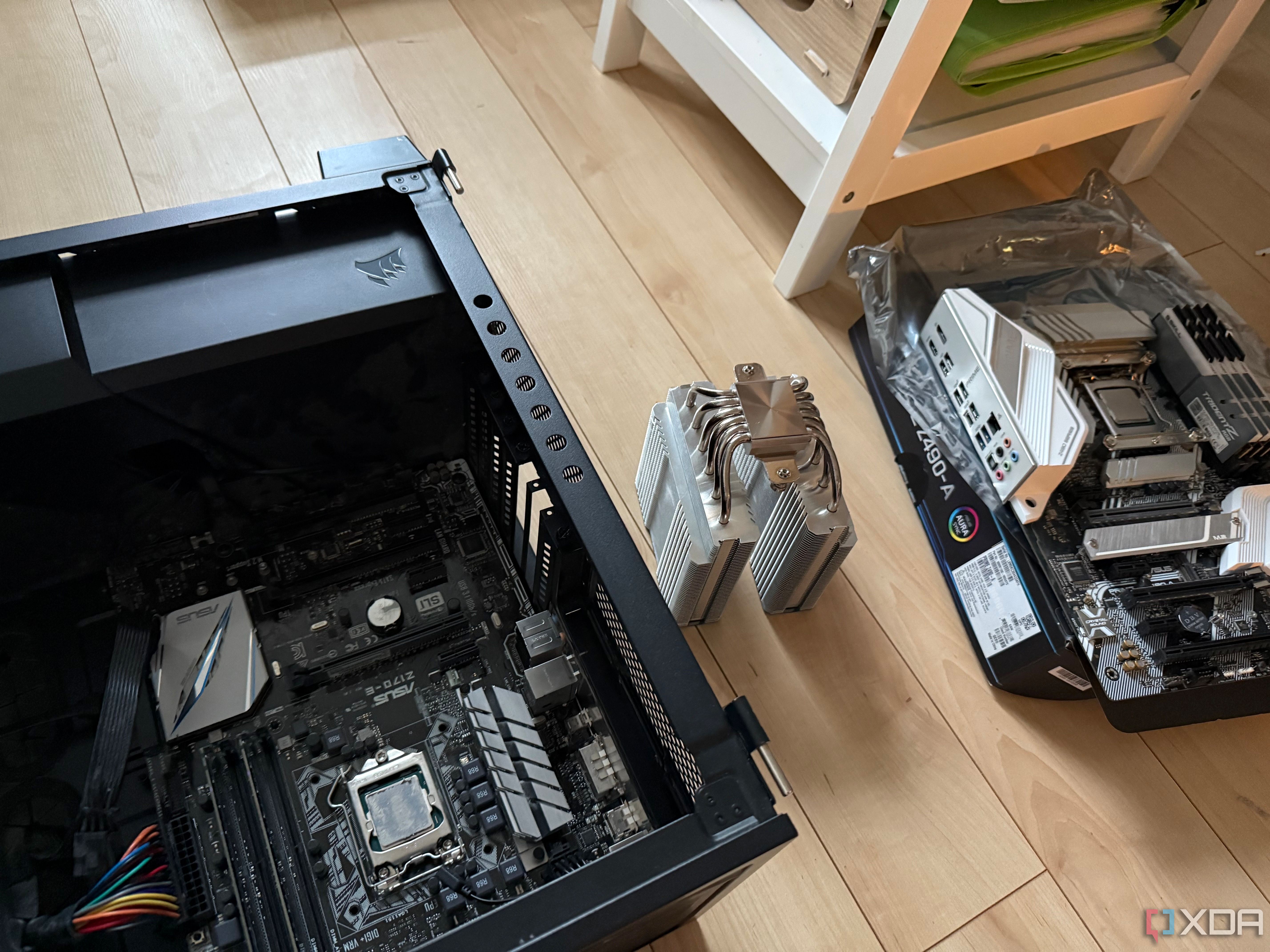
Here's something I didn't expect when I used Linux Mint on my PC. I'm not totally sure what's running in the background of Windows, but when I began using the same apps on Linux Mint as I did Windows, I noticed performance boosts. Apps loaded faster, webpages in Chrome ran smoother, and I had an overall more pleasant time using Linux.
It's at the point where, when I use Windows, I lament how snappy things felt on Linux and how I want to use it again. At any rate, it confirms that I won't be upgrading my older hardware from Windows 10 to Windows 11 using Rufus; instead, adding a lighter operating system that respects the older hardware feels like the better move.
Learning Linux is a wild trip, but it's a fun one
When I first embarked on my Linux journey, I expected to have to sacrifice a lot and put on a brave face about it. Instead, I discovered that Linux features a lot of cool things that Windows just doesn't do. I'm sure I have a ton more to learn with Linux, and I'm excited to check out more distros and try new things. But for now, these are the humble beginner lessons of a Windows fanboy.
.png)
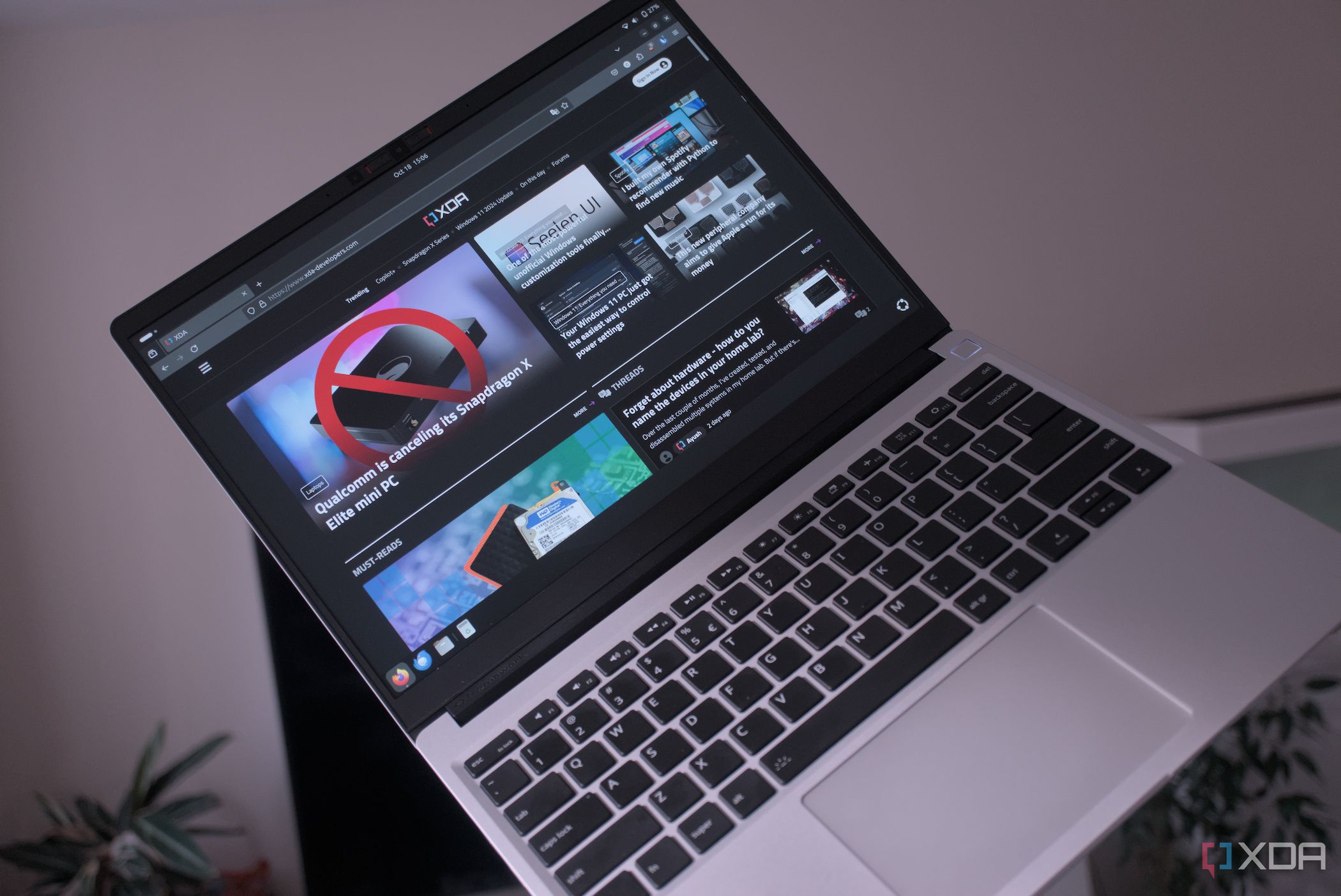
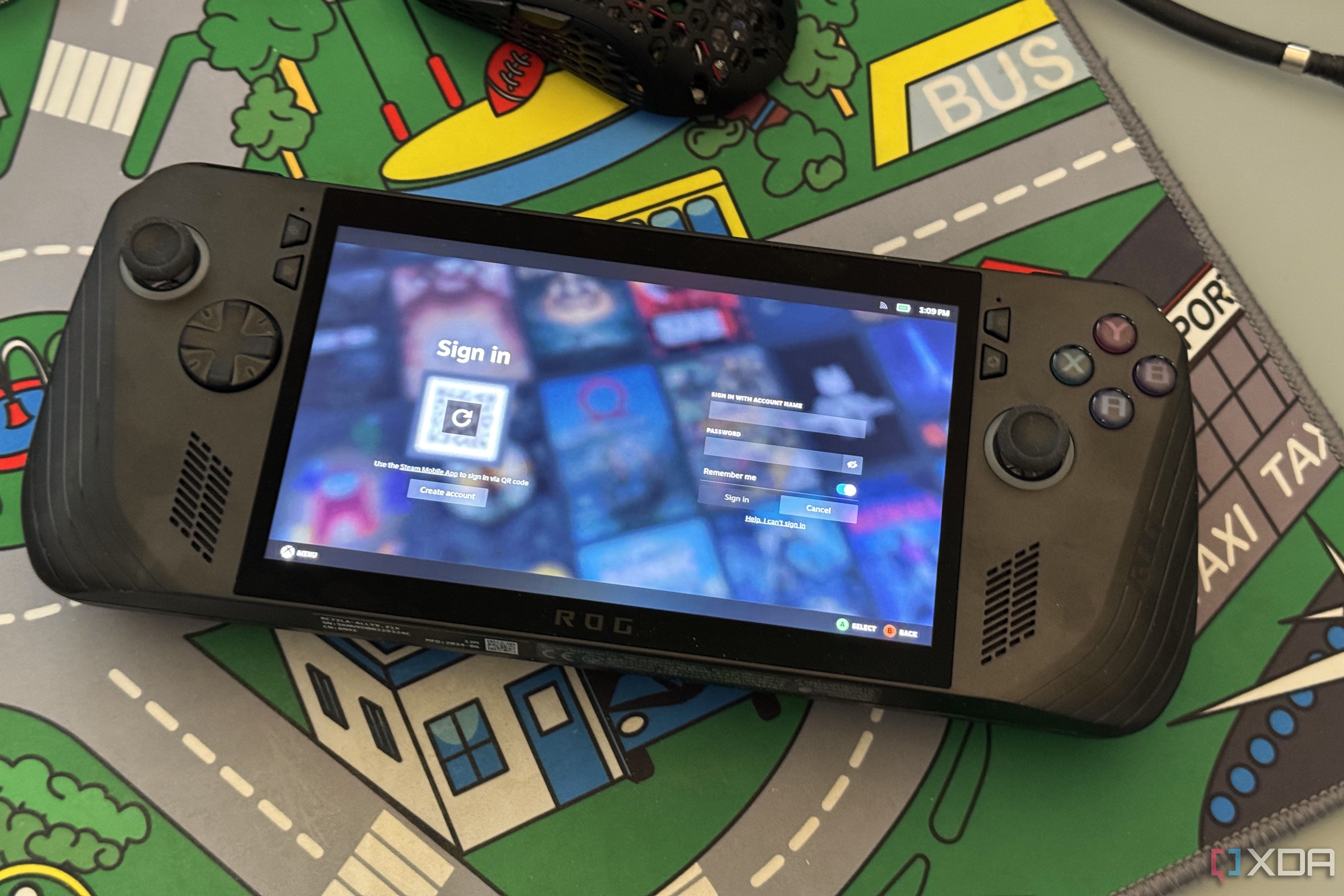


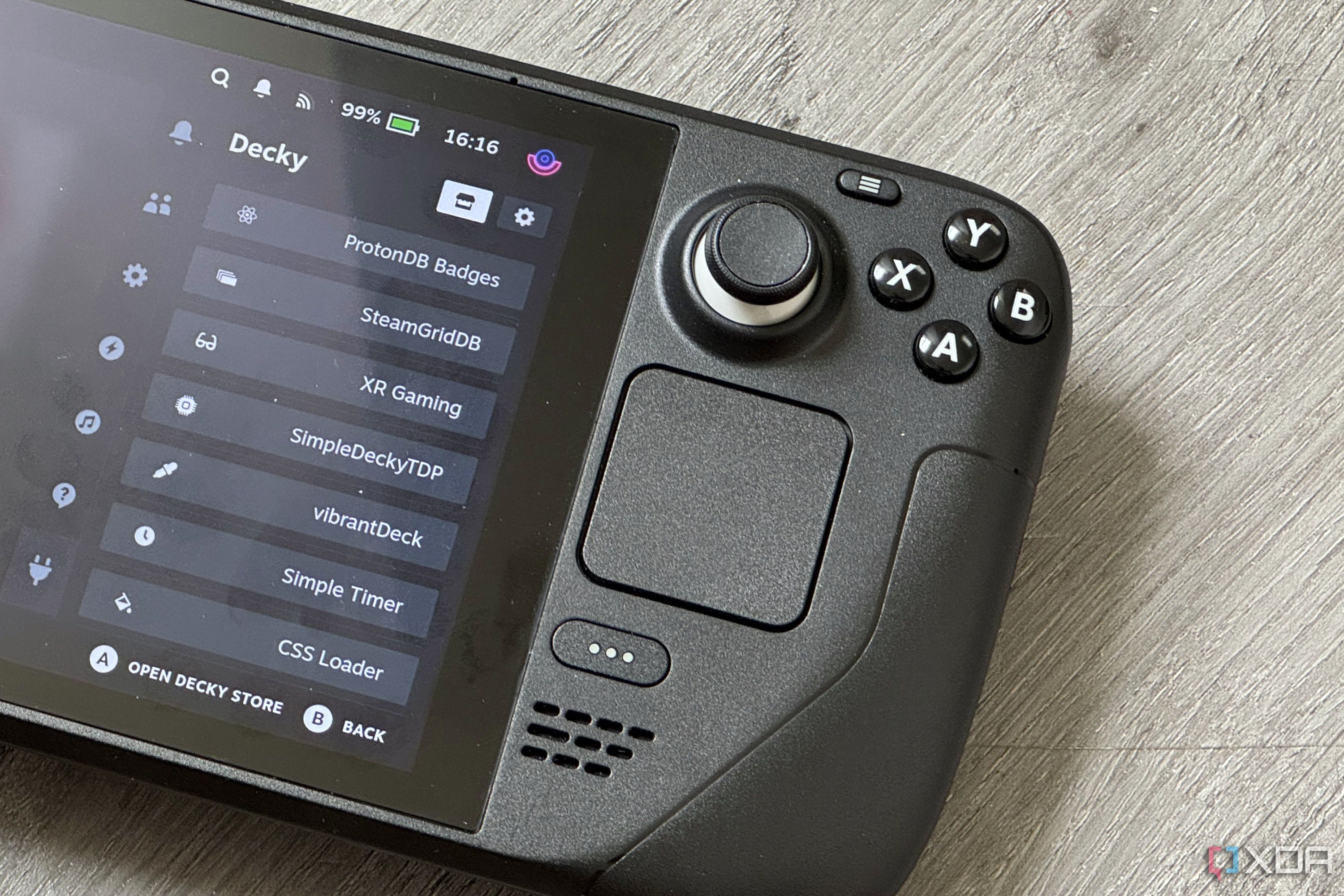







 English (US) ·
English (US) ·